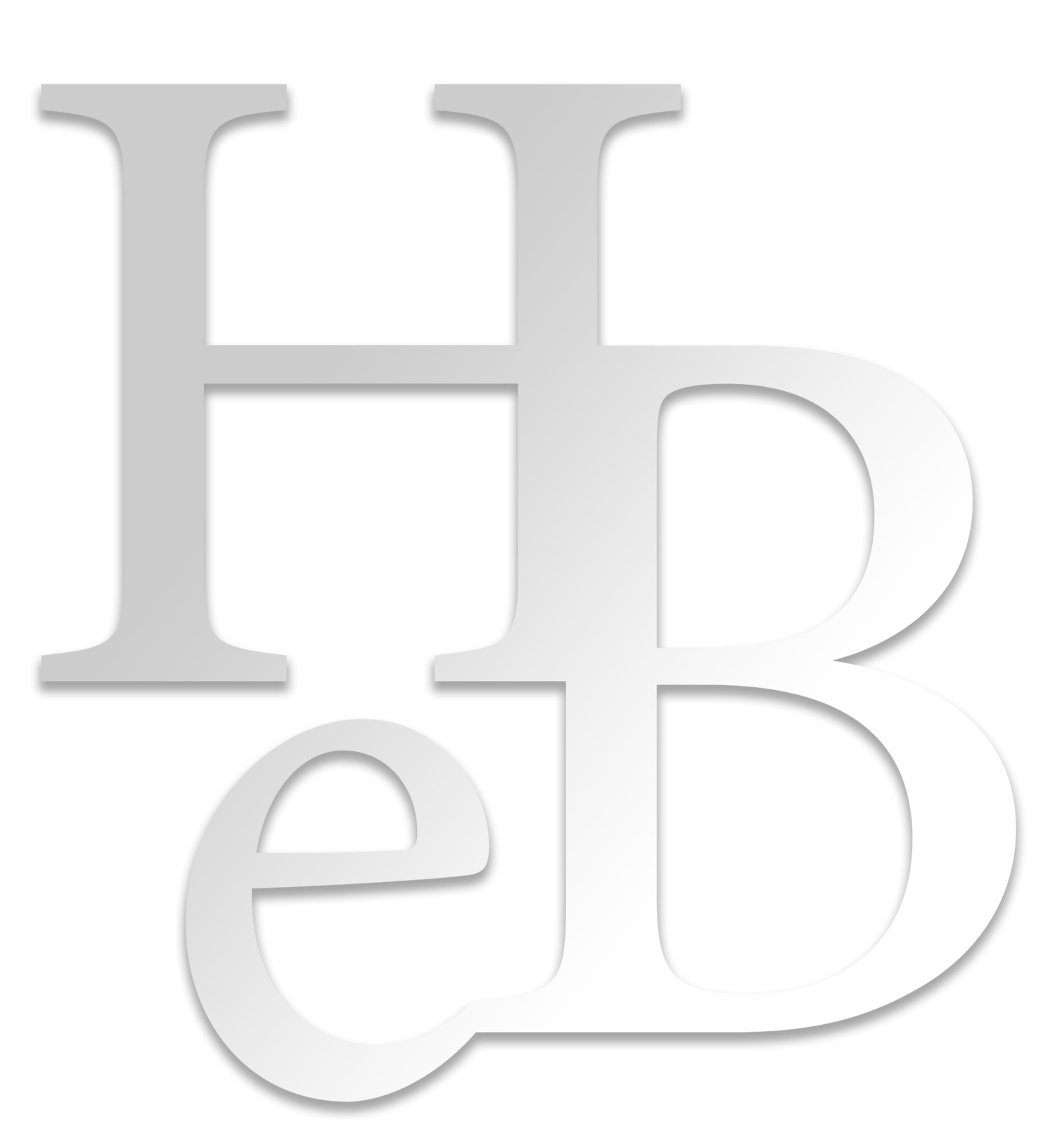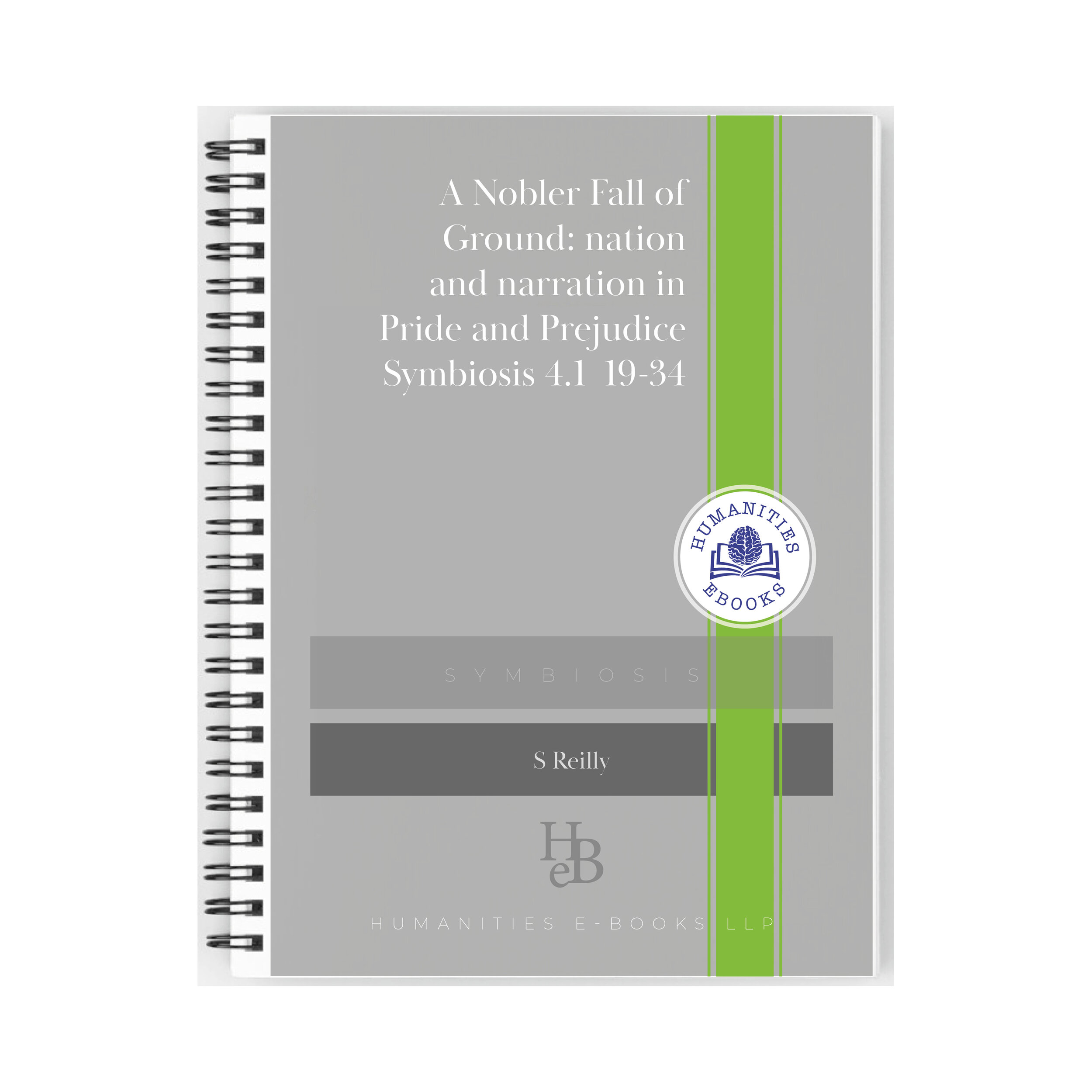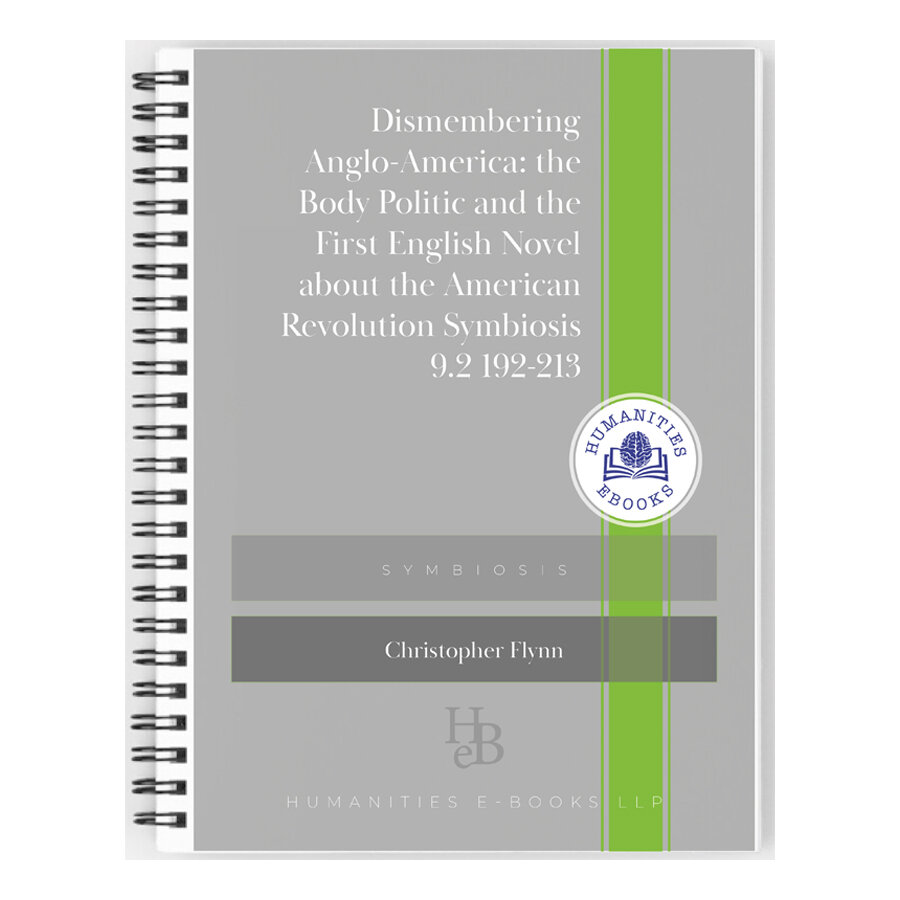 Image 1 of
Image 1 of


'Something in the ballads which they sang': James's 'Rose-Agathe' and Tennyson's The Princess Symbiosis 14.1
Symbiosis 14.1
Author: Miranda El-Rayess
Pages: 19
'‘Something in the ballads which they sang’: James’s ‘Rose-Agathe’ and Tennyson’s The Princess' by Miranda El-Rayess, provides a comparative analysis of Henry James's short story 'Rose-Agathe' and Alfred Lord Tennyson's narrative poem 'The Princess'. Originally published in Symbiosis: a Journal of Anglo-American Literary Relations, this essay explores the thematic and narrative parallels between the two works, focusing on how James engages with Tennysonian motifs and ideas. El-Rayess examines the ways in which James's use of irony and allusion critiques conventional gender roles and objectification. This scholarly work is essential for readers interested in literary criticism, gender studies, and transatlantic literary influences.
Symbiosis 14.1
Author: Miranda El-Rayess
Pages: 19
'‘Something in the ballads which they sang’: James’s ‘Rose-Agathe’ and Tennyson’s The Princess' by Miranda El-Rayess, provides a comparative analysis of Henry James's short story 'Rose-Agathe' and Alfred Lord Tennyson's narrative poem 'The Princess'. Originally published in Symbiosis: a Journal of Anglo-American Literary Relations, this essay explores the thematic and narrative parallels between the two works, focusing on how James engages with Tennysonian motifs and ideas. El-Rayess examines the ways in which James's use of irony and allusion critiques conventional gender roles and objectification. This scholarly work is essential for readers interested in literary criticism, gender studies, and transatlantic literary influences.
Symbiosis 14.1
Author: Miranda El-Rayess
Pages: 19
'‘Something in the ballads which they sang’: James’s ‘Rose-Agathe’ and Tennyson’s The Princess' by Miranda El-Rayess, provides a comparative analysis of Henry James's short story 'Rose-Agathe' and Alfred Lord Tennyson's narrative poem 'The Princess'. Originally published in Symbiosis: a Journal of Anglo-American Literary Relations, this essay explores the thematic and narrative parallels between the two works, focusing on how James engages with Tennysonian motifs and ideas. El-Rayess examines the ways in which James's use of irony and allusion critiques conventional gender roles and objectification. This scholarly work is essential for readers interested in literary criticism, gender studies, and transatlantic literary influences.








